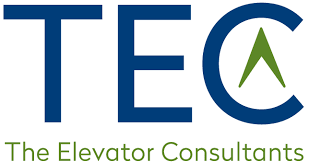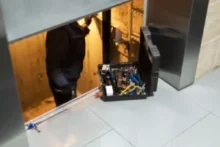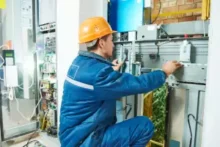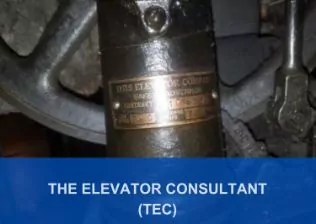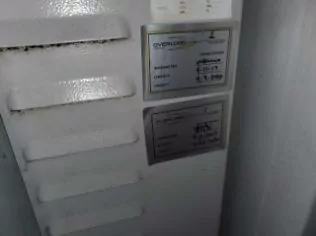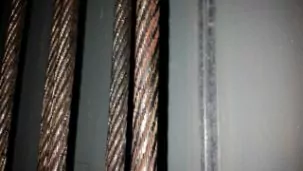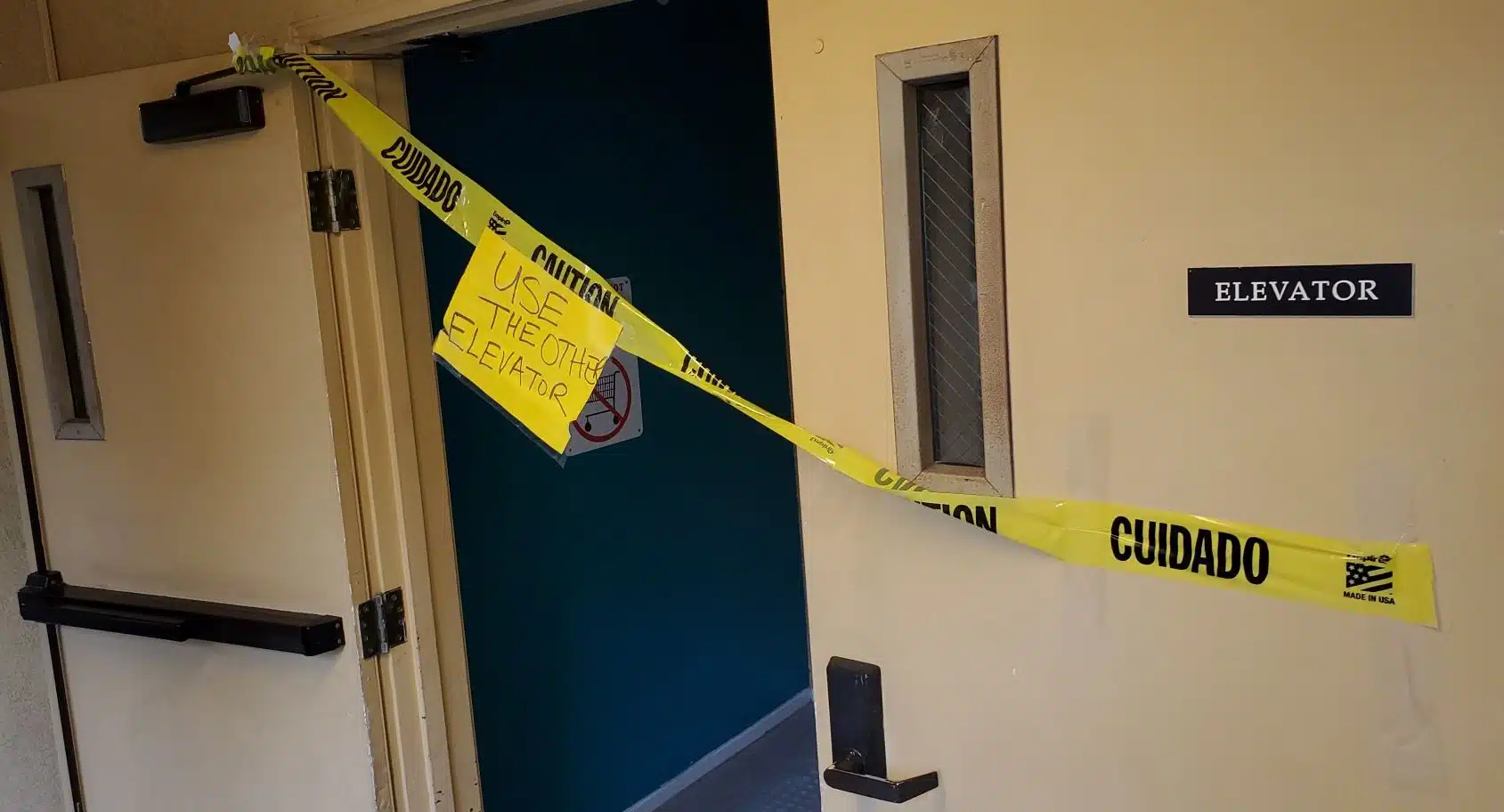Revolutionize Your Building’s Efficiency and Safety with Expert Elevator Oversight
In the bustling world of property management, building ownership, and facility management, where every detail counts and every decision impacts your bottom line, elevator maintenance and management often take a backseat – until it becomes a pressing issue. Imagine transforming this overlooked aspect into a pillar of your building’s efficiency and safety. This is where a professional elevator consulting firm steps in, turning elevator management from a mundane task into a strategic asset.
The Unseen Risks of Neglecting Elevator Management
As a property manager, your day is a whirlwind of activity. From addressing tenant concerns to balancing budgets, your responsibilities are as varied as they are critical. Amidst this chaos, elevator maintenance might seem like just another box to tick. However, it’s fraught with hidden risks. A malfunctioning elevator can lead to unhappy tenants and visitors. Worse yet, improper maintenance and record-keeping can spiral into legal nightmares and safety hazards.
The truth is, elevators are more than just a mode of transportation within your building; they’re a crucial aspect of your property’s infrastructure. Neglecting their proper care and documentation isn’t just an oversight—it’s a liability and can be an unruly expense.
The Problem That Keeps You Up at Night
What keeps property management, building ownership, and facility management up at night? The thought of an elevator nonfunctioning during a crucial moment. This isn’t fearmongering; these are genuine challenges that property management, building ownership, and facility management face due to inadequate elevator maintenance and record-keeping.
A Tailored Solution to Elevator Management
At the Elevator Consultants, we understand these challenges. That’s why we offer a solution tailored to alleviate them. By partnering with us, you’re investing in a comprehensive management solution. Our approach covers everything from meticulous record-keeping with the ElevatorApp to proactive maintenance planning, customized service contracts, audits, and expert support.
Record-Keeping: Your First Line of Defense
One of the cornerstones of our service is comprehensive record-keeping with the ElevatorApp. Imagine having a detailed log of every maintenance check, repair, and inspection at your fingertips. This isn’t just about staying organized; it’s about being prepared for any situation – be it a tenant inquiry, a compliance inspection, an invoice from the service provider, or a legal dispute. Our record-keeping ensures you’re always one step ahead.
Proactive Maintenance: A Stitch in Time
Elevator issues can disrupt the normal flow of your building and jeopardize your reputation. Our proactive maintenance approach focuses on anticipating and addressing issues before they escalate. This means fewer surprises, less downtime, minimal time with elevator issues, and, most importantly, a safer environment.
Customized Service Contracts: Tailored to Your Needs
Every building is unique, and so are its elevator maintenance needs. We don’t believe in one-size-fits-all solutions. Our service contracts are meticulously crafted to align with your specific requirements, ensuring you get exactly what you need without paying for unnecessary extras.
Compliance Audits: Staying Ahead of the Curve
Navigating the maze of regulations and safety standards can be daunting. Our ElevatorApp and elevator management take this burden off your shoulders. We assist in ensuring your elevators meet all legal requirements, reducing the risk of fines and legal complications.
Expert Support: Peace of Mind, Anytime
Elevator issues don’t stick to a 9-to-5 schedule, and neither do we. Our elevator management provides you with the peace of mind that comes from knowing expert help is just a call away.
Testimonials: Don’t Just Take Our Word for It
“Our partnership with JLL has been a game-changer. Their expertise in elevator management has not only improved our efficiency but also enhanced our building’s safety standards.” – Greg P.
Take the First Step Towards Stress-Free Management
Are you ready to transform how you manage your elevators? Contact The Elevator Consultants today and take the first step towards efficient, safe, and stress-free elevator management.
Join a Community of Satisfied Property Managers
When you choose a professional elevator consulting firm like The Elevator Consultants you’re not just selecting a service provider; you’re joining a community of forward-thinking property managers who value efficiency, safety, and peace of mind. Welcome to the future of elevator management.
